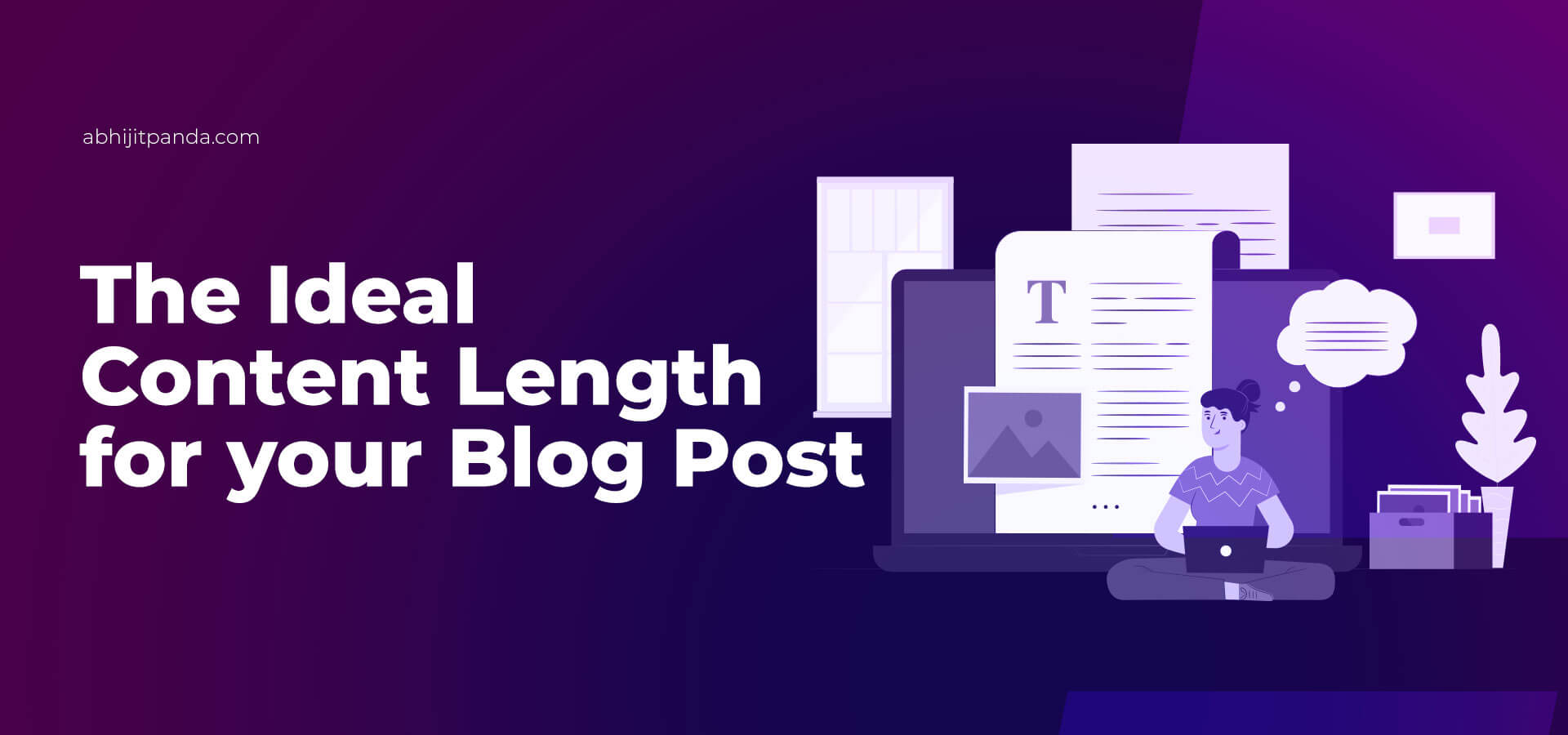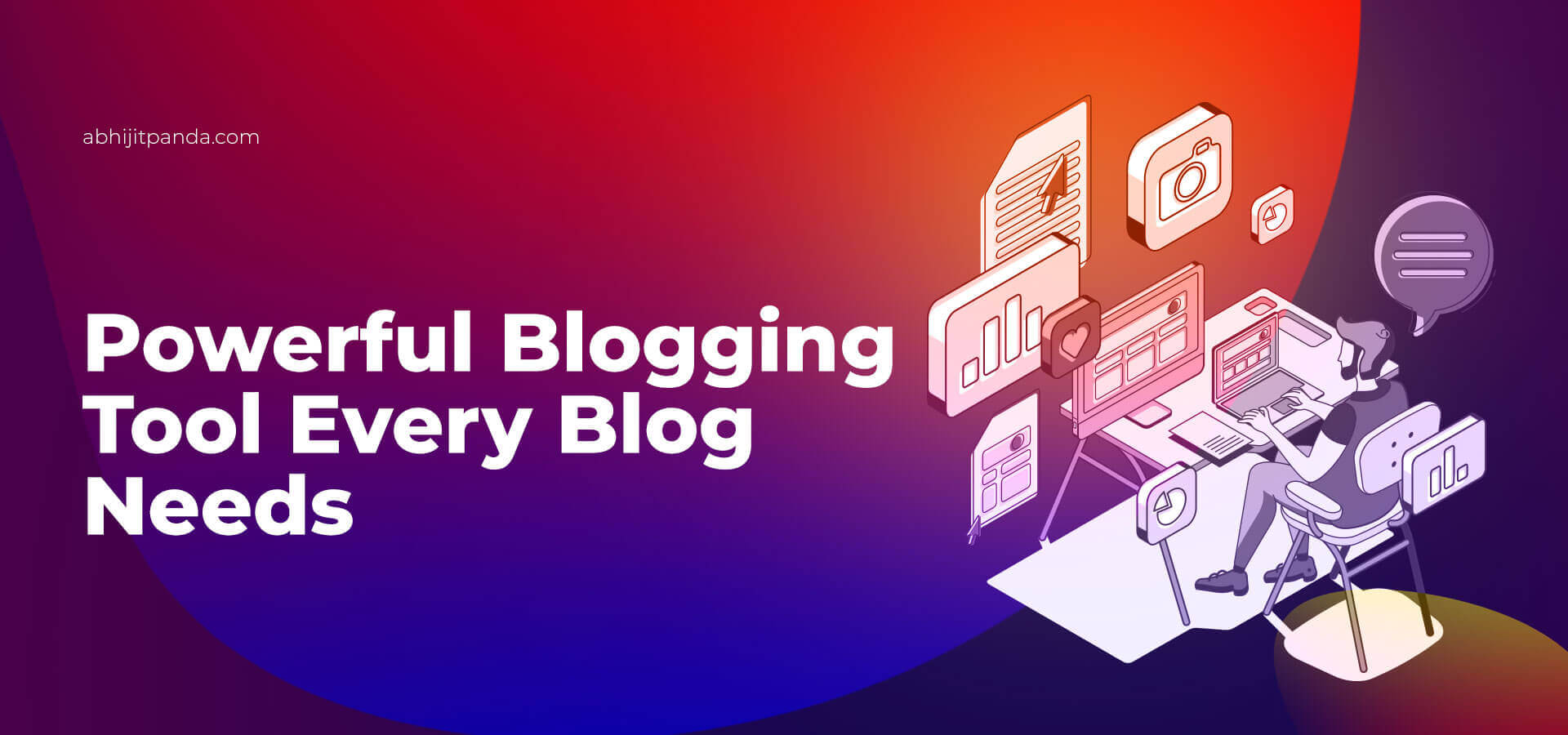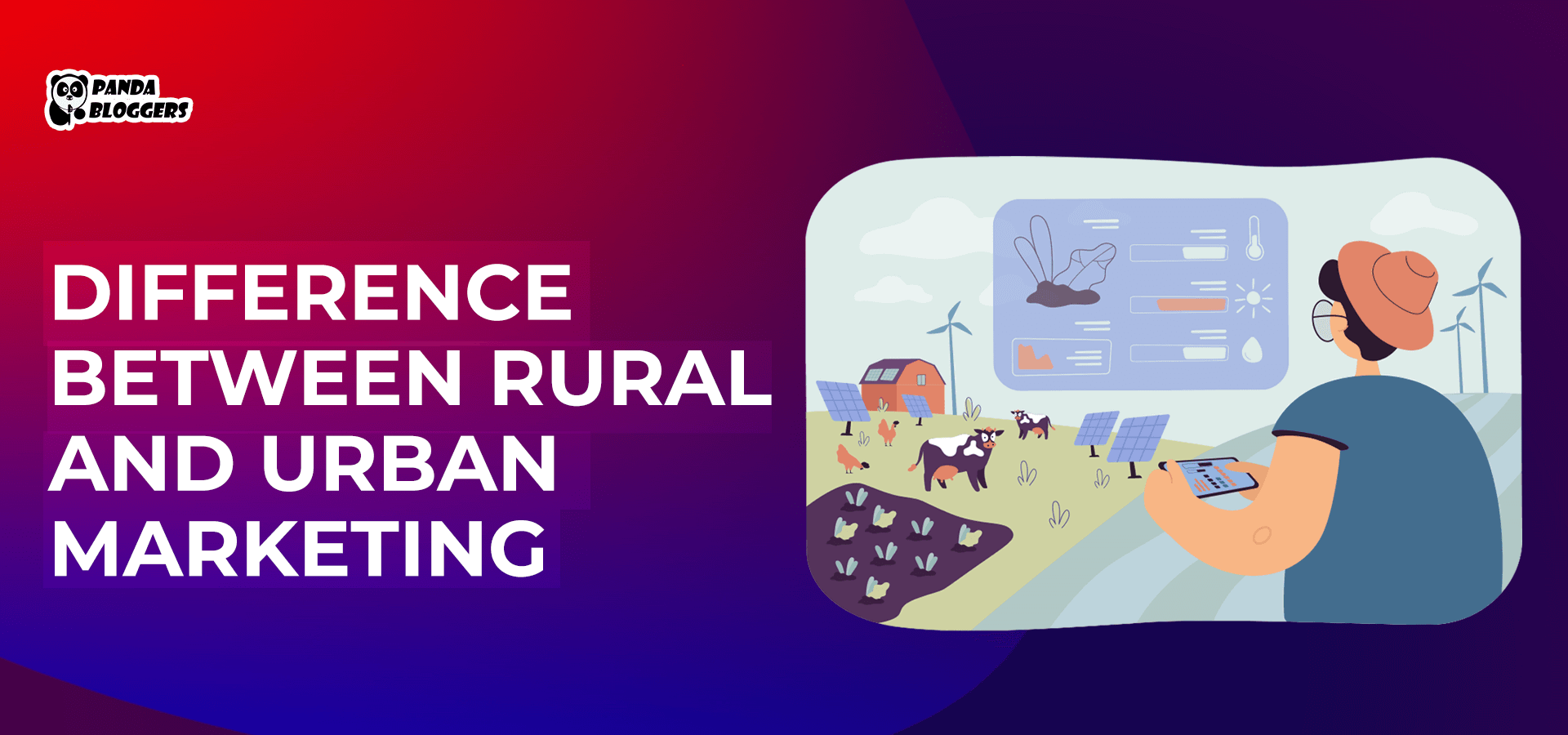 Content Length for SEO: The Ideal Content Length for Your Blog Post
Content Length for SEO: The Ideal Content Length for Your Blog Post
Google and Bing update their search algorithms frequently to deliver the most relevant information to the searchers. They do not use content length as a key metric while ranking blogs and articles. However, several studies suggest that long-form content appears higher on search engine results pages (SERPs) than short-form content. Also, the longer pieces of content often dominate the first search engine result page. So, site owners and bloggers often wonder what is the ideal content length for their blog posts.
Backlinko recently analyzed 11.8 million Google search results to identify the factors responsible for making an article or blog appear on the first search engine results pages.
According to the analysis made by Backlinko,
“The average word count of a Google top 10 result is 1,447 words. However, despite the fact that long-form content tends to be best for link building, we found no direct relationship between word count and rankings.”
Backlinko suggests that longer content appears higher than shorter content on SERPs due to their ability to accumulate more backlinks. However, you do not write articles and blogs only for search engines. In addition to diverting organic traffic to the blog from search engines, you need to ensure that the content is read by real searchers and website visitors.
Medium recently evaluated the content posted to identify what post length captures the maximum attention and reading time.
According to Medium,
“7-minute posts capture the most total reading time on average.”
The average reading time declines when the reading time for a blog post increases by 7 minutes.
However, the online publishing platform adds that
“great posts perform well regardless of length, and bad posts certainly don’t get better when you stretch them out.”
Hence, the content length does not impact a blog post’s search engine ranking and reader engagement directly. While deciding the ideal content length for your blog, you must keep in mind some important factors.
Content Length for SEO: What Should You Keep in Mind While Determining Ideal Content Length for Your Blog?
Word Count is Not a Ranking Factor
While indexing and ranking websites, search engines do not use content length or word count as a metric. In 2019, John Muller, Webmaster Trends Analyst at Google, confirmed the same while responding to a question on how to find word count in SERP on Reditt.com.
According to John Muller,
“Word count is not a ranking factor. Save yourself the trouble.”
Backlinks are more important than Word Count
According to the analysis made by Backlinko,
“Pages with lots of backlinks rank above pages that don’t have as many backlinks. In fact, the #1 result in Google has an average of 3.8x more backlinks than positions #2-#10.”
While writing an article and blog, you can easily boost its search engine performance by getting backlinks from multiple sites. Backlinko draws the conclusion that longer content rank higher than shorter content on SERPs as they create more link building opportunities for writers.
Search Engines Prefer Comprehensive Content
The analysis made by Backlinko further suggests that search engines prefer comprehensive and well-researched content.
According to Backlinko,
“Many SEO experts claim that comprehensive content performs best in Google. Put another way: content that covers an entire topic on a single page may have a direct or indirect relationship with rankings.”
The search engines rank comprehensive content higher to meet all needs of or answer all questions of the searchers. While writing a blog, you must focus on writing in-depth and well-researched content instead of focusing on increasing the word count.
Post Length Impacts Average Reading Time
While writing a fresh blog post, you need to target both search engines and human readers. You cannot achieve the marketing goals without keeping the searchers engaged and persuading them to read the content. As mentioned earlier, the analysis made by Medium suggests that a blog or article cannot capture the attention of readers when the average reading time exceeds 7 minutes.
While writing a blog post, you need to ensure that a reader can read the content in less than 7 minutes. It is always important to review the content elaborately to identify the information that is irrelevant and can be moved. Likewise, you can conduct additional research to add more relevant information to the content.
Focus on Satisfying a User’s Search Query
Search engines prefer content that delivers the most relevant information to the searchers. Google even displays the most relevant information at the top of the SERP in the form of snippets. Before writing a blog, you must focus on identifying the intent of the target audience accurately.
Your content will complement a search query perfectly when it addresses the searcher’s intent. You should further focus on creating content that meets the expectations of a user during different stages of the user’s intent. However, you must map the content according to your precise business goals while planning the blog.
Boost Content Strength by Incorporating Multimedia Content
You cannot increase a blog post’s search engine visibility simply by increasing the word count. You must remember that images and videos are more effective than textual content in generating quick SEO results. Also, many readers these days collect information by watching videos and infographics.
You can easily write SEO-friendly blogs by complementing the text with images and videos. You can even consider incorporating multimedia that makes the content more interactive. The combination of various types and formats of content will deliver better SEO results by satisfying users’ search queries.
Conclusion
The search engines do not use word count as a metric for ranking articles and blogs. However, several studies suggest that longer articles and bloggers appear higher on SERPs than shorter content. While writing content, you must focus on keeping the human readers and searchers engaged instead of focusing on expanding the content.
Also, you must write SEO-friendly content by implementing the latest search engine guidelines. Instead of being obsessed with word counts and ideal content length, you must target both search engines and human readers while creating fresh content. Also, you should implement some of the SEO best practices like implementing an on-page SEO checklist, proper interlinking between the website pages, etc. The quality of the content will help you to get more search engine traffic to the blogs and keep the readers engaged.








Can you translate your blog into Russian Language please. I have a blog in Russian and would love these advice